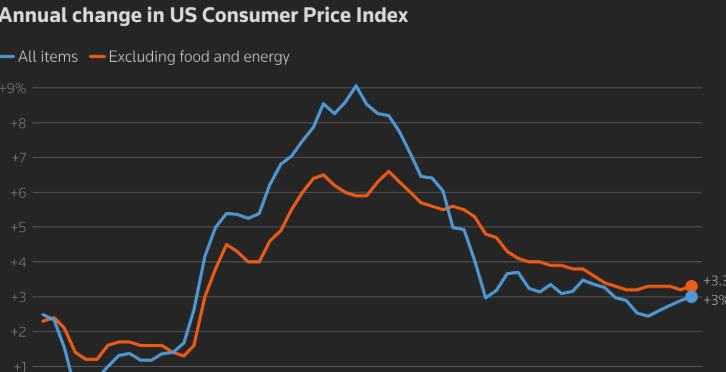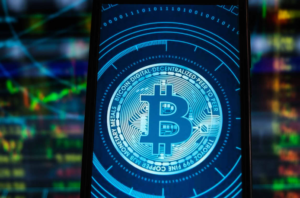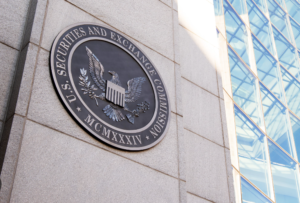$SPX $BTC $DXY
#Inflation #Markets #FederalReserve #InterestRates #Investing #Economy #Crypto #StockMarket #Bonds #Commodities #MonetaryPolicy #Macroeconomics
Inflation is once again dominating economic discussions as investors reassess the potential impact of rising consumer prices on financial markets. Over the past few months, inflationary pressures have re-emerged, fueled by persistent supply chain disruptions, robust consumer spending, and geopolitical instability driving energy prices higher. As a result, central banks, particularly the Federal Reserve, are facing intense scrutiny regarding their policy direction. While inflation had shown signs of cooling in late 2023, recent data suggests that price pressures remain entrenched, prompting concerns about the potential for further interest rate hikes. The resurgence of inflationary concerns has led to volatility across multiple asset classes, including equities, bonds, and cryptocurrencies, as market participants weigh the long-term consequences of a higher-rate environment.
Equities have responded cautiously to inflation signals, with major indices such as the S&P 500 experiencing fluctuations in anticipation of potential central bank actions. While corporate earnings have remained relatively strong, higher borrowing costs could start to weigh on profit margins, particularly for companies reliant on cheap credit. In addition, sectors such as technology, which have benefited from low interest rates, may face headwinds as investors rotate into more defensive or inflation-resistant assets. Meanwhile, bond markets have also reacted to rising inflation, with yields on government securities climbing amid expectations of prolonged monetary tightening. The benchmark 10-year U.S. Treasury yield has edged higher, reflecting concerns that inflationary pressures will require an extended period of restrictive policy to bring price growth back to target levels.
Cryptocurrency markets have also felt the ripple effects of inflation-related uncertainty. Bitcoin and other digital assets, often viewed as a hedge against currency devaluation, have been particularly sensitive to macroeconomic developments. While some investors see Bitcoin as a potential store of value similar to gold, its volatility and speculative nature have made it susceptible to shifting monetary policy expectations. As tighter financial conditions take hold, liquidity in riskier assets, including cryptocurrencies, may become constrained, leading to increased price swings. The U.S. dollar, which typically strengthens during periods of monetary tightening, has also impacted the crypto market by putting downward pressure on digital assets priced in fiat currencies.
Beyond financial markets, inflation concerns have broader implications for the constitutional and economic order. Sustained inflation can erode consumer purchasing power, disproportionately affecting lower-income households and increasing social and political tensions. Moreover, central banks face a delicate balancing act in managing inflation without triggering a sharp economic slowdown or financial instability. Policymakers must navigate these challenges carefully, as excessive tightening could dampen economic growth, while insufficient action may allow inflation to become entrenched. The coming months will be critical in determining whether inflation can be brought under control without significant disruptions, shaping the trajectory of markets and economic policies worldwide.











Comments are closed.